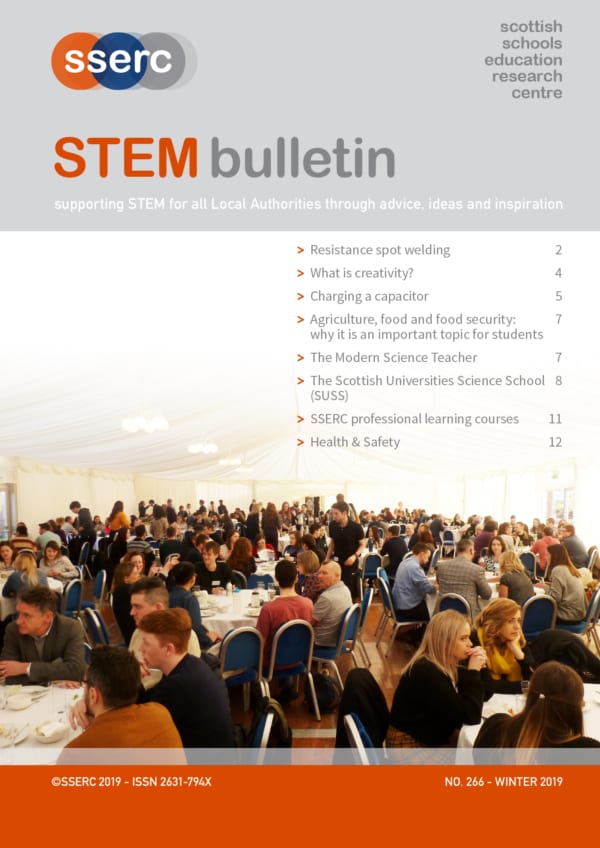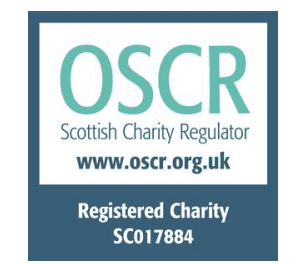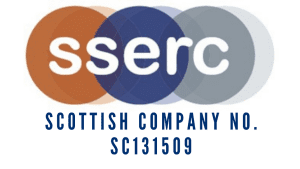One of the core activities in chemistry at all levels is heating substances. This is usually done with little fuss and few accidents. The presence of naked flames and hot objects or substances is, however, a significant hazard so a review of methods and techniques for heating chemicals seems timely.
Resistance spot welding, usually referred to as spot welding, is a process that is widely used for joining thin sheet metal. This type of welding is commonly used in technology departments due to its fairly straight forward use and quick results. However, there are some tricky issues in the initial setting up of the spot welding equipment and as a result we have put together this quick and handy guide.
With many schools electing to do what we might call “core” experiments for their Higher Assignments, we thought it would be worth revisiting some of these to give advice on equipment and component values. We are aiming to help teachers and technicians here – beware of passing this material unedited to students. You could be giving them too much information. It is not designed to be a “second source”. We have an evolving document on the Higher Physics area of our website that features a number of what we consider to be suitable experiments. This article showcases one example – charging a capacitor.
Agriculture, food and food security: why it is an important topic for students
We were very fortunate in having Professor Tim Benton as the Keynote Speaker at the SSERC Annual Conference in November 2018. Tim is Dean of Strategic Research Initiatives at the University of Leeds and Distinguished Visiting Fellow at Chatham House. From 2011-2016, Tim was the UK Champion for Global Food Security, acting as ambassador and spokesperson for matters to do with food and food security, and coordinating work across this area between research councils and government departments. We were fortunate that Tim gave us permission to record his presentation and we were delighted when he also agreed that we could make it more widely available through the SSERC YouTube channel. We hope that you and your students enjoy the video despite some of the predictions being ‘scary’! Click here to view the video.
The Scottish Universities Science School (SUSS)
Many of you reading this brief article may have started your association with SSERC through attendance at a SUSS event. Without doubt, SUSS is, for the SSERC team, the most complex and challenging event in our calendar. We thought it might be interesting to look back at what has been achieved over the years.
SSERC professional learning courses
Our professional development courses range from twilight events, day-courses through to residential meetings lasting up to 6 days in total. Our curriculum coverage spans both primary and secondary sectors and we offer events for teachers as part of their career long professional learning, newly qualified teachers and technicians. Many of our events receive funding from the ENTHUSE awards scheme or the Scottish Government.
Voltage values for safe circuits
We are now issuing the following advice on voltage levels for circuit building in schools:
- Pupils and students should carry out such work at no more than 30 V, irrespective of whether ac or dc is used.
- If there is a chance of touching an uninsulated conductor with wet skin, or of touching an uninsulated wet conductor, the limit becomes 15 V.




